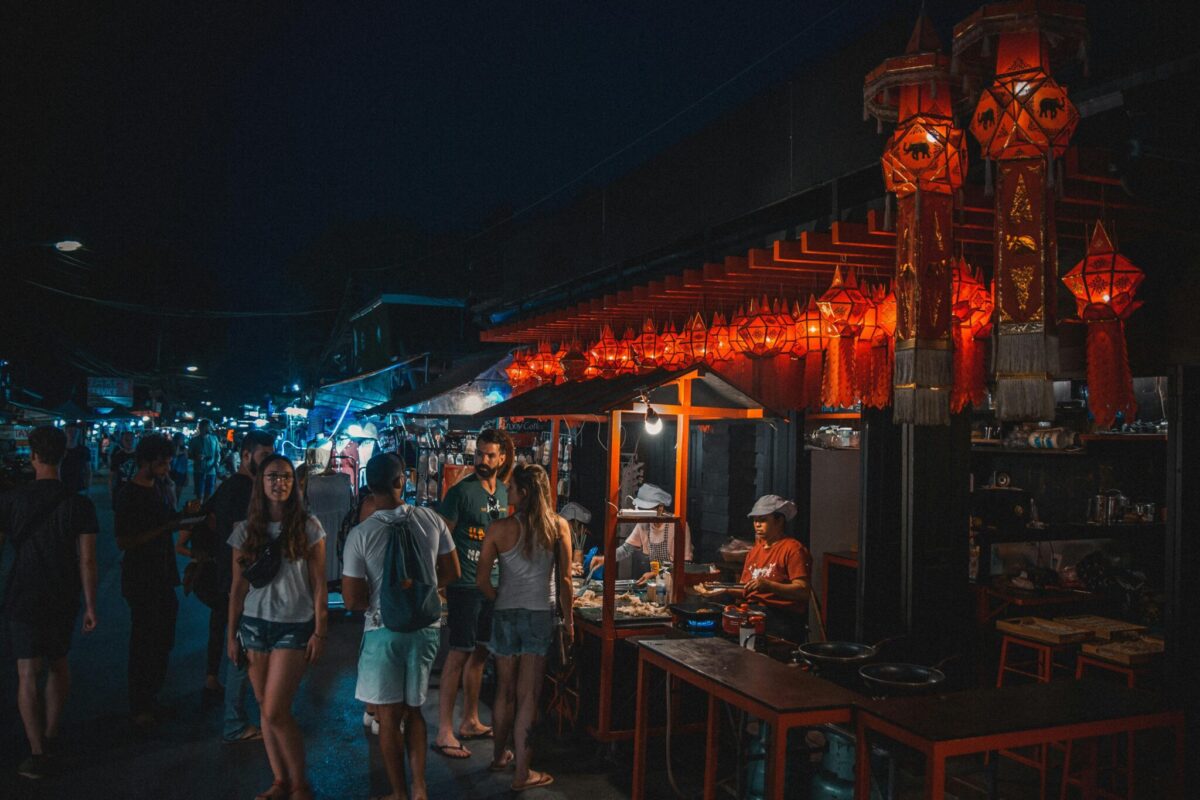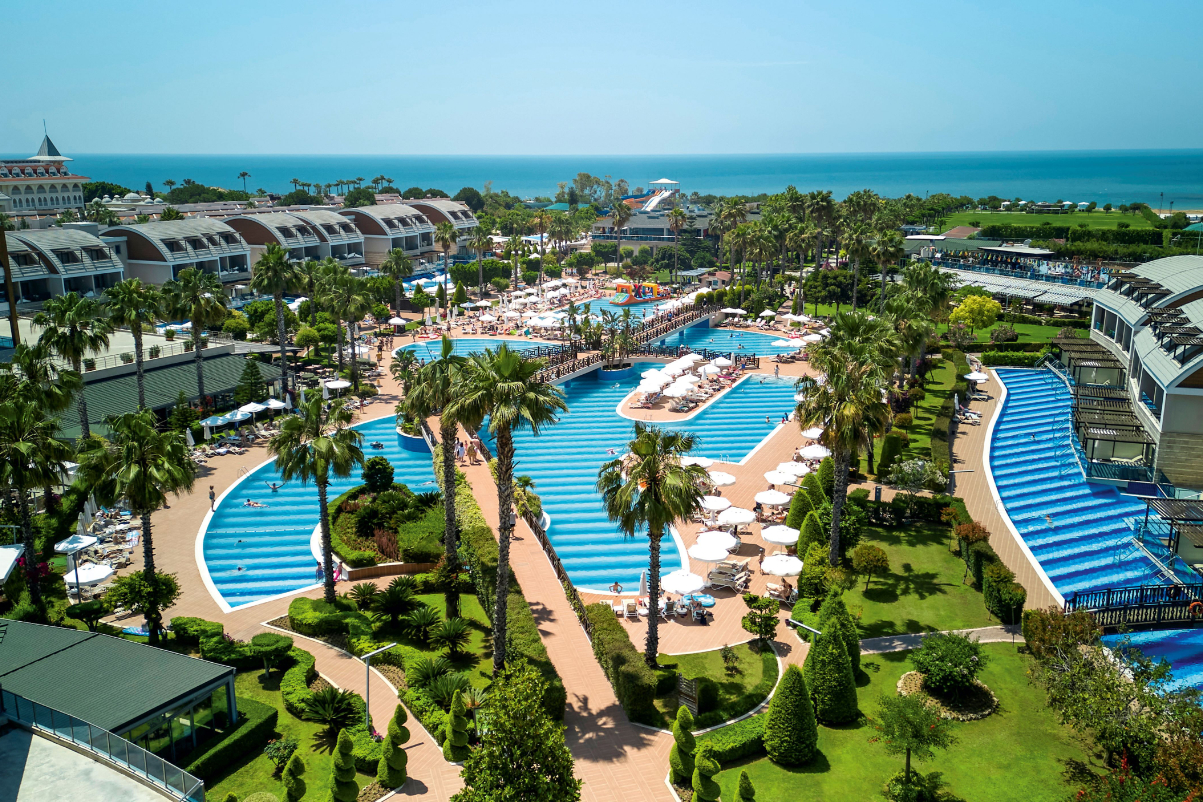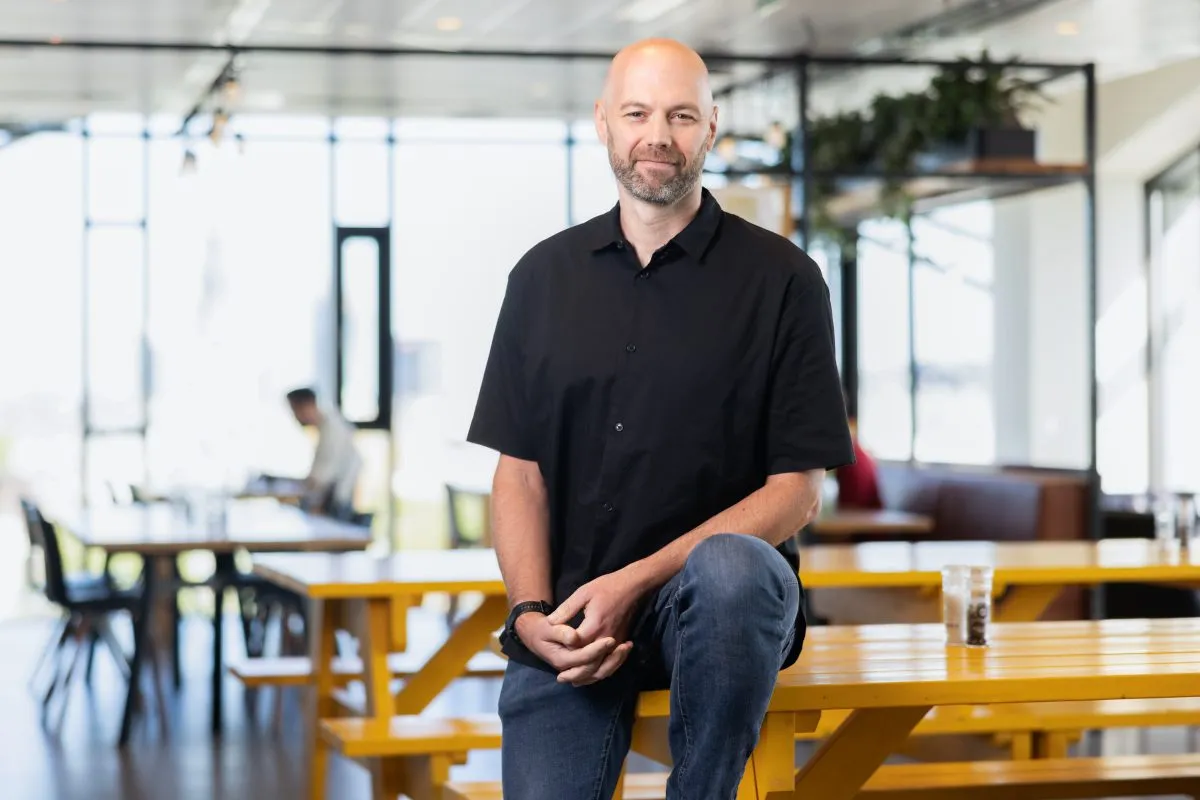Airbnb CEO Tells Hosts Success Against Hotel Competitors Hinges on Adopting Cleaning Protocols

Skift Take
Airbnb won't penalize hosts who don't opt into its new cleaning protocols during a coronavirus recovery, but they would be disadvantaged because major hotel brands will be launching deep-cleaning programs, Airbnb co-founder and CEO Brian Chesky told hosts Wednesday in a weekly live video presentation.
Airbnb plans to roll out its advanced cleaning initiative later this month in the United States, and listings where hosts adhere to the voluntary sanitization procedures will get badges displayed, Chesky said. A global rollout is scheduled for upcoming months.
Host who adopt the clearing guidelines would automatically be subject to a 24-hour buffer between reservations, and guests would be able to critique the cleanliness of the property in their post-stay reviews. Hosts that can't follow the cleaning guidelines can opt into a 72-hour window between reservations to reassure guests.
"We know guests will care about cleaning more than ever before," Chesky said.
Trends
Chesky cited the importance of cleanliness of private spaces as one of four key trends that Airbnb has seen in the past few weeks. In a survey, three out of four guests cited the cleanliness of properties as an important factor in choosing where they stay when traveling.
The other trends were 30 percent of guests booking stays within 50 miles of their residences, one-third of bookings being made for stays of $50 per night or lower, and 65 percent of reservations being made within one week of the stay.
"Near is the new far," Chesky said.
Get the Latest on Coronavirus and the Travel Industry on Skift's Liveblog
Chesky told hosts they can expect more guests from nearby rather than visitors from outside their countries.
Tilting Toward Guests?
Chesky spoke live, but three questions he took from hosts were via videos that had been pre-recorded. There was no live interaction with hosts.
In response to one host question about Airbnb favoring guests over hosts because Airbnb decided to give guests full refunds for coronavirus-tied cancellations, Chesky said Airbnb is a two-sided marketplace, and the company will try to treat guests and hosts equally.
Airbnb has faced a tremendous host backlash for its cancellation policy.
Chesky said he knows the cancellation policy hurt hosts' business, but he pointed out that guests have likewise complained about having to provide documentation to receive refunds or vouchers, arguing that these procedures were too onerous.
He said it is import for guests to trust both Airbnb and its hosts. More trust means more bookings for hosts, Chesky said.
The Future of Airbnb and Travel
Looking to the future of travel, Chesky recalled that Airbnb's initial tagline was "Travel like a human."
He said the "human" part of the tagline was always more important that the word "travel."
Chesky said, however, that the desire to explore the world is "innate," and millions of people can't wait to travel again. He noted that 1.4 billion people crossed borders in 2019.
These days, Chesky said, anytime he leaves his home it feels like traveling.
"Literally going to the other side of town feels like traveling," he said.
These video meetings with hosts, which would take place on a weekly basis, are designed to shore up host relations, and are pitched as providing learnings on how hosts can rebuild their businesses.
Rebuilding trust from hosts will be a tough assignment for Airbnb.





